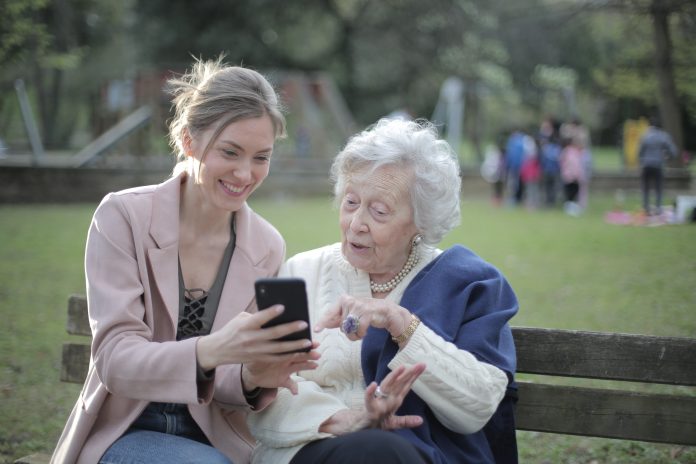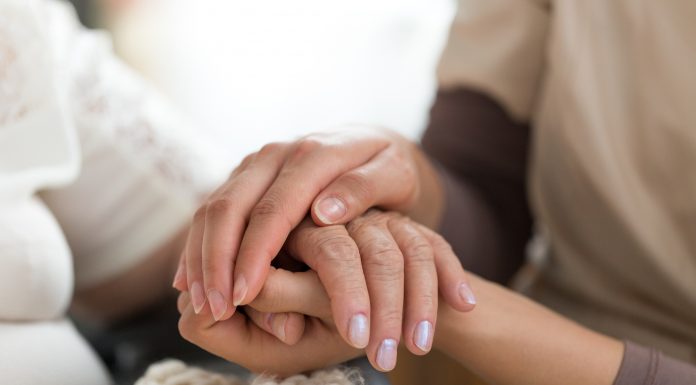If you love your community and have recently found yourself with time on your hands, here are some ideas on how to help the most vulnerable population in your town: the elderly.
Special Skills
If your education or job experience has made you an expert at something, try to imagine if this would be something useful to share with senior citizens.
Think of the many types of businesses that give back to your community. For example, many law offices and accounting businesses do volunteer work for those in assisted living or nursing homes.
An example would be to have a Seattle criminal lawyer visit if those in a local nursing home have questions about a legal matter. Likewise, an accountant might visit an elderly person at home to help at tax time.
On the lighter side, musicians are always welcome since they seem to make the elderly happy and can even get them up and dancing.
If you don’t have any particular skills but still want to help, there are many opportunities.
Driving
Many elderly are housebound and may have given up their driver’s license for several reasons. Doing simple things like running errands or getting to appointments becomes a big challenge.
If you are a good driver and more importantly, really love driving, consider helping out in this way. You can sign up at hospitals and medical offices as a volunteer driver to get patients to appointments and home.
You can also volunteer with an organization like Meals on Wheels bringing housebound people healthy food. Often elders skip meals to save money, can’t get to a grocery store easily or just don’t feel hungry a lot of the time.
When meals are brought to them, they will not only eat better but also feel they are being cared for.
Reading and Writing
Often, the elderly develop both shaky handwriting and poor eyesight. Since many have missed the boat on computer instruction and/or have such poor hearing they can’t easily use a phone, they may feel out of touch with their friends, children and grandchildren.
Helping out by reading their correspondence to them and writing letters dictated by them, can open the world back up.
Companionship
Particularly if a senior citizen is used to the company of many family members, friends or a spouse, they can become very lonely and lose interest in the things they loved to do with their companions.
This is the easiest volunteer service of all since all that will be expected of you is to have fun.
Maybe your new friend will request a card game or to watch a movie with them. It could even be something as simple as sitting on the porch with them in the evening to watch the sunset.
End of Life
After a long and happy life, seniors sometimes end up in hospice care, either at home or in a hospital wing.
Thinking they are past needing companionship would be a mistake. Even after an elderly person has lost consciousness, many of their senses are still working.
The sense of hearing is believed to last the longest, This would be a great time to read to them from a book written by one of their favorite authors or poets. Playing some music from their favorite genre could make them happy too.
Just talking to them is a great idea as well. Get in close and speak near an ear to make sure they can hear you.
The sense of smell lasts a long time too. Do as much as hospice allows. A former hippie might enjoy some strawberry incense. A husband might like to smell his wife’s perfume.
Even though your experiences in helping the elderly might start out strictly as you doing things for them, many mutually beneficial relationships start this way.
As your relationship progresses, you may realize that you are getting as much out of it as they are.























